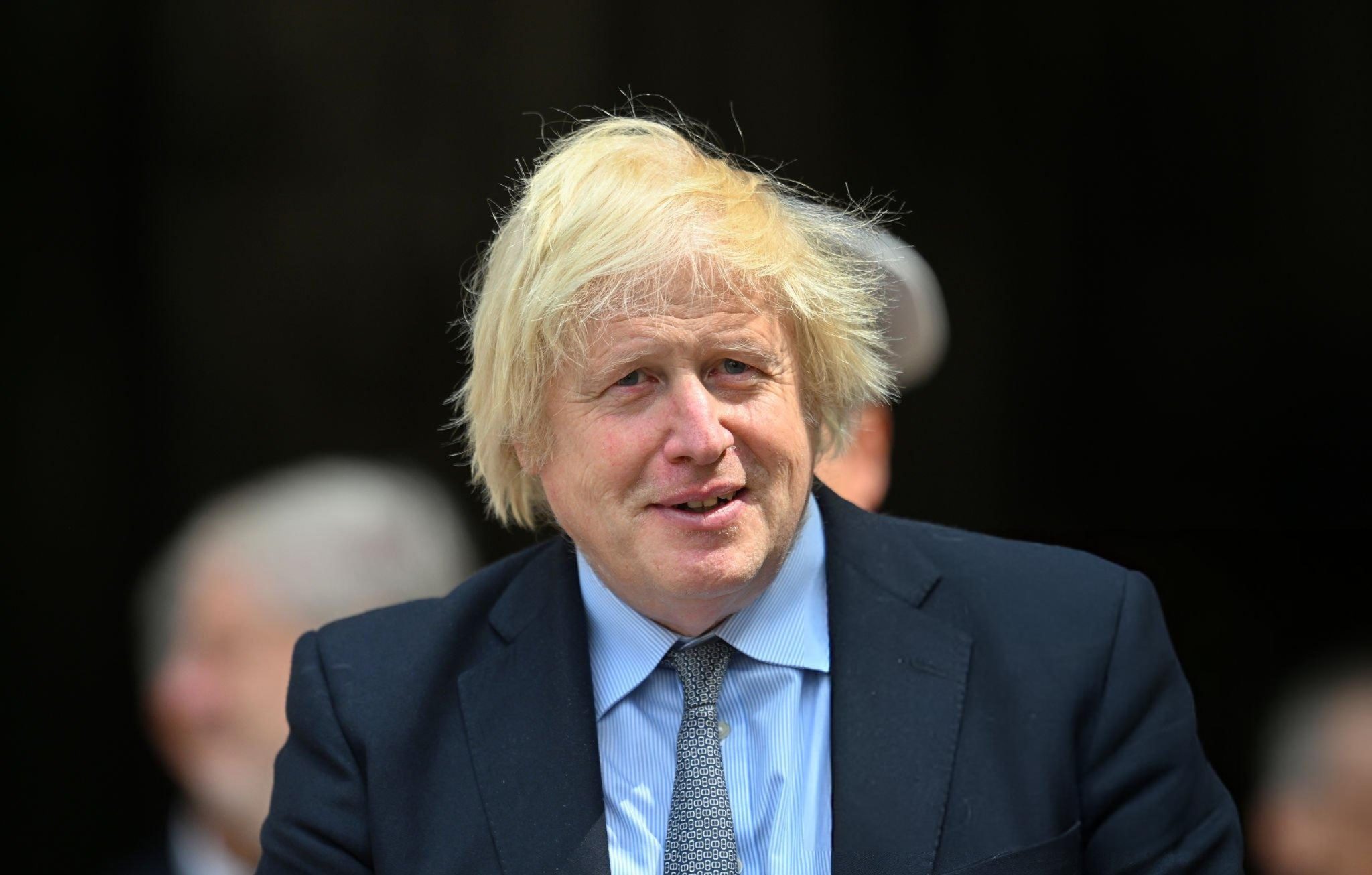Boris Johnson preferred an “authoritarian approach” to enforcing Covid-19 isolation rules rather than encouraging public compliance through support and incentives, the official UK Covid-19 Inquiry has heard.
Testifying to the inquiry’s seventh module on Thursday, Lord Patrick Vallance, who served as the government’s Chief Scientific Adviser during the pandemic, revealed that policymakers consistently leaned towards punitive measures rather than engagement and assistance.
Lord Vallance’s diary entries — described as “spontaneous ways to decompress” — shed light on internal discussions during the crisis. In a note dated 25 September 2020, Mr Johnson reportedly pushed for harsher penalties against those flouting self-isolation rules. “Punish people who won’t self-isolate. Punish people who aren’t doing the right thing,” he said, as noted by Lord Vallance. “Close some pubs and bars. We need a lot more punishment and a lot more closing down.”
The entry continued with Vallance’s own concerns: “Support and engagement very important to get adherence up.” However, Mr Johnson concluded the discussion by saying, “massive fines, massive fines.”
Another entry from January 2021 records the Prime Minister as stating: “We haven’t been ruthless enough. We need to force more isolation. I favour a more authoritarian approach.”
The inquiry also heard that despite repeated recommendations from the Scientific Advisory Group for Emergencies (Sage) to consider “carrot” tactics — including financial and practical support — the Cabinet generally favoured the “stick”.
When asked by lead counsel Sophie Cartwright KC who “they” referred to in his notes, Lord Vallance replied, “the decision makers for policy.”
The inquiry further examined the role of then Test and Trace head Dido Harding, who advocated for greater support mechanisms to help individuals comply with isolation requirements. While progress was eventually made on testing capabilities, the government’s emphasis remained skewed towards enforcement rather than facilitation.
Former health secretary Matt Hancock also gave evidence, voicing concerns about the dismantling of the nation’s pandemic preparedness. In his written statement, Hancock warned that the UK’s testing infrastructure had been scaled back to such a degree that rapidly ramping up capacity in a future emergency would prove difficult.
“The key lesson for the future,” he wrote, “is that a rapidly scalable testing and tracing infrastructure should be maintained ready for urgent expansion.”
Pressed by the inquiry, Mr Hancock admitted that while permanent large-scale testing facilities might be “ideal”, the associated costs could make them politically unviable. However, he stressed that having a flexible plan and rapid deployment system in place was non-negotiable.
The inquiry also revisited the controversial awarding of Covid testing contracts, including one to Randox Laboratories — a firm associated with former Conservative MP Owen Paterson. Paterson resigned in 2021 after being found to have breached lobbying rules.
Ms Cartwright questioned Hancock on the lack of transparency around the awarding of the Randox contract. “Do you accept… to maintain public confidence, a contract of that scale should have been handled with maximum transparency?”
“In a utopia? Yes,” Hancock replied, “but we weren’t living in a utopia. People were dying every day.”
He maintained that Randox “did an amazing job during this period” by significantly increasing testing capacity.
When asked about whether he was aware that ministerial meetings with Randox were not properly recorded, Hancock said: “No, not that I can recall.”
The inquiry also heard from former health minister Lord Bethell, who revealed attempts to collaborate with universities and public labs to expand testing. He described efforts to create an “Uber for diagnostics” as a “total disaster” due to issues with delays, data management, and cost.
Reflecting on the pandemic response, Lord Vallance said the instincts of many in government were “punishment, not help” — a mindset he warned could hinder public trust in any future health emergency.
The inquiry continues next week with further witness testimonies.






